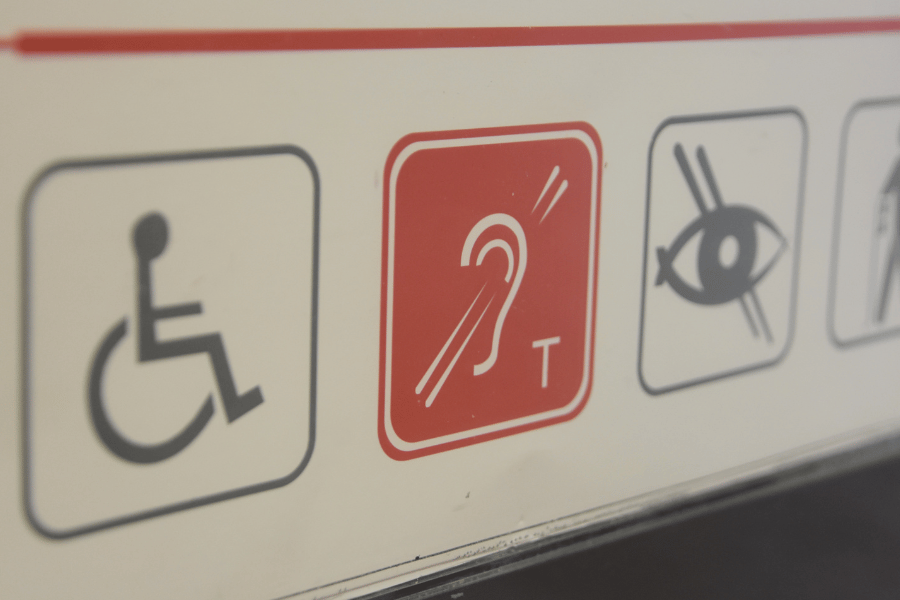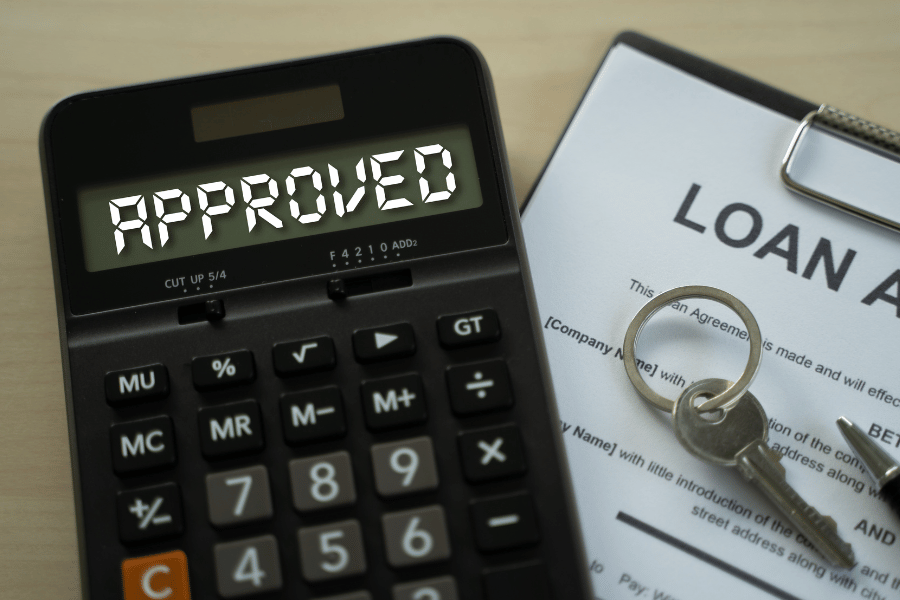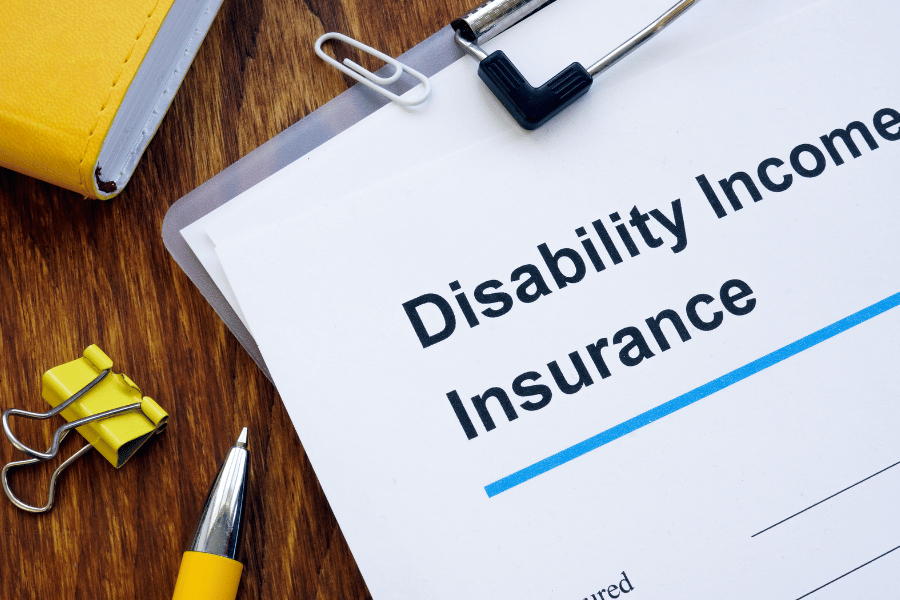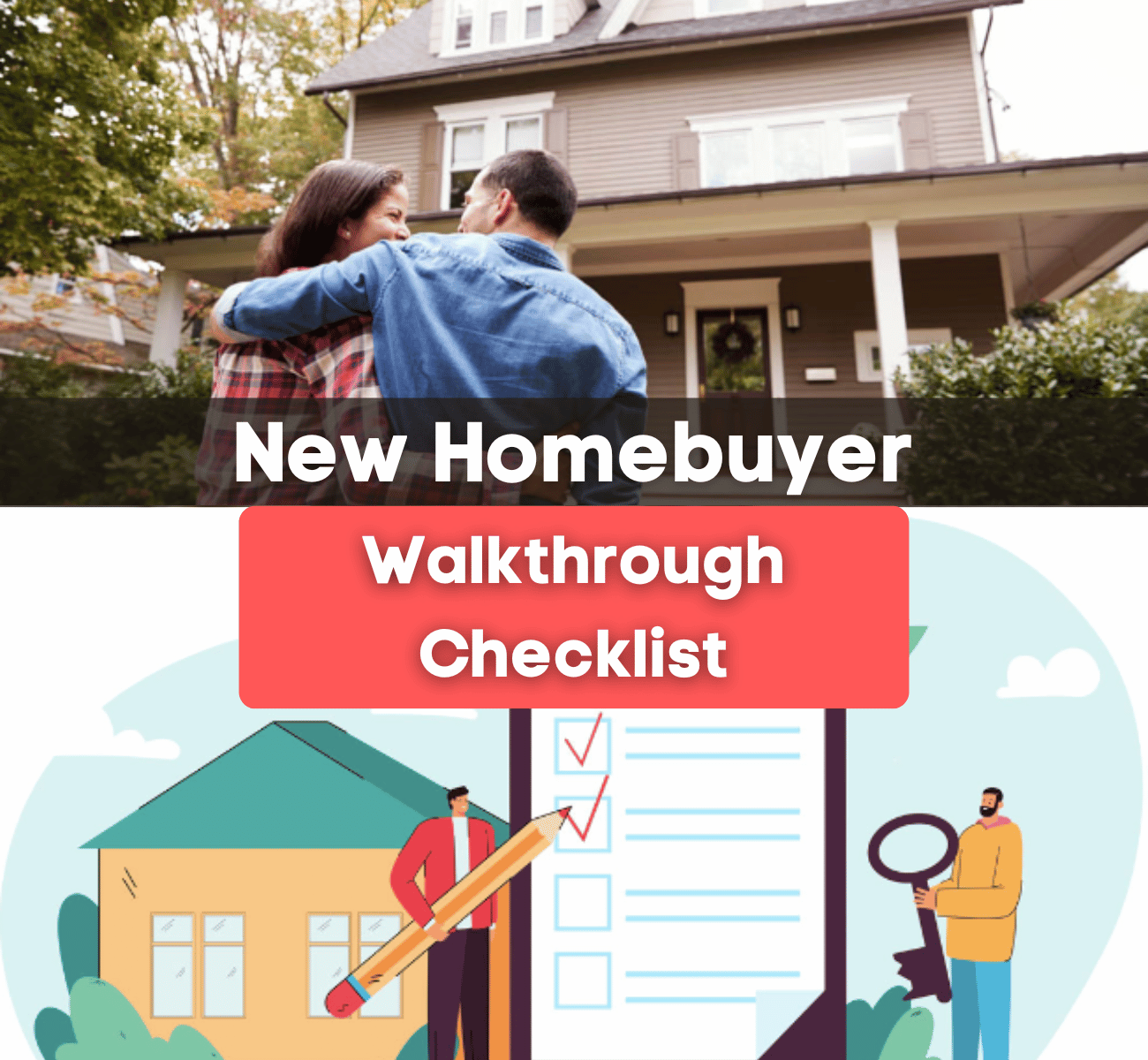Home Loans for People on Disability Guide
Are you wondering what kind of loan options and assistance you can get when you have a disability? Keep reading on to learn about your rights and what you have access to.
Almost everyone buys a home at some point, which is one of the most significant purchases you can make. However, there is a common misconception that people with disabilities are not allowed to purchase homes or have access to mortgages or loans, which is entirely wrong.
Every person has the right to access housing and the chance to own their home. Around 13 percent of the population has disabilities, and each and every one of those people deserves the same rights and opportunities as everyone else.
When buying a home, it's essential to be aware of certain things that can help protect you and make the process smoother. Resources are available to assist you throughout the process, especially if you are a first-time buyer, so be sure to watch for them. Additionally, laws, programs, and other resources are specifically designed to help make the home-buying process more accessible for individuals with disabilities.
Buying a home is something that everyone can do, and there are many laws, programs, and resources in place to help you through the process. While there are many challenges and advantages to buying a home, we hope that after reading this guide, you will better understand how to get a home while living with a disability.
Here is what you should know about home loans for people on disability.
1. Disability Overview

According to the Centers for Disease Control and Prevention, an individual with a disability lives with any condition that impairs the body or mind, making it difficult for them to carry out certain activities and interact with the world around them.
The definition of disability under Social Security differs from other programs, which may only offer benefits for partial, short-term, or total disability. To be eligible for disability benefits, specific requirements must be met, which can significantly impact the benefits you may receive.
2. Disability Rights
If you are someone with a disability and planning to buy a home, there are laws and regulations set in place to ensure that you are provided with fair opportunities. It is crucial to understand your rights to prevent discrimination. If you face any issues, many resources are available to help you.
The Fair Housing Act underwent an amendment in 1988, which now makes it illegal to discriminate in the following ways:
- It is illegal to refuse the sale or rental of a dwelling to any person based on race, religion, gender, disability, familial status, or national origin.
- Discrimination based on any of these factors relating to privileges or conditions of the rental or sale of a dwelling is also prohibited.
- It is unlawful to advertise the sale or rental of a dwelling indicating a preference or limitation based on race, religion, gender, disability, familial status, or national origin.
- Threatening or interfering with someone exercising their housing rights based on discrimination is also not allowed.
- To retaliate against an organization that encourages exercising these rights.

The Americans with Disabilities Act (ADA) was passed in 1990 to ensure that people with disabilities have equal opportunities. This law applies to public places, including schools, workplaces, transportation services, and private locations that are open to the public, such as hotels.
The Rehabilitation Act of 1973, Section 503, prohibits organizations that receive federal assistance from denying services to people with disabilities. It ensures that they have equal access to benefits and services.
The Equal Credit Opportunity Act (ECOA) requires lenders to provide an explanation if they deny an applicant credit. It also provides protection based on other classes, such as race, sex, and marital status, among many others.
3. Home Loan and Grant Options for People on Disability
It is worth noting that there are a number of mortgage programs and disability loans available to assist homebuyers with disabilities, thanks to the efforts of various government-sponsored associations. These options can provide valuable support and assistance to those who may face additional challenges in the home-buying process.

Conventional Loans
If you're an individual with disabilities looking to buy a home, you may want to consider conventional loans, such as the Fannie Mae Loan. Unlike government-backed loans, these loans aren't supported by the government.
To qualify for such loans, you would typically need a credit score of at least 620, a minimum down payment of 3%, and a debt-to-income ratio below 50%. These loans can be particularly helpful for those with lower incomes, and the loan maximum ranges from $726,200 to $1,089,300.
FHA Loans
If you have a lower credit score or debt, an FHA loan can be an excellent option for you. These loans are backed and insured by the FHA and come with lower down payment options than most conventional loans.
Some requirements to keep in mind are: you must have a credit score of 580 or higher with a low DTI, get the home appraised by an FHA-approved appraiser, complete a home inspection and report, and occupy the property within 60 days of the closing. The loan limit ranges from $420,680 to $970,800.
USDA Home Loans
The USDA offers two types of loans for single-family housing: the Single Family Housing Guaranteed Loan Program and Single Family Housing Repair Loans and Grants. The Guaranteed Loan Program is meant for low-income applicants who wish to reside in eligible rural communities. At the same time, the Repair Loans provide funds to improve, repair, modernize, and eliminate health hazards from the homes of individuals with low incomes.
To qualify for the USDA Single Family Housing Direct Home Loans, you must provide proof that you need access to safe and decent housing and cannot secure a loan from other resources. You must also agree to occupy the space as your primary residence, be a citizen or meet noncitizen requirements, and have the ability to repay the loan. The loan maximum depends on the area and financial situation, and it is excellent for people who need a home in a rural lifestyle.
For the USDA Single Family Housing Repair Loans and Grants, you must be the homeowner and occupy the house. You should also be unable to obtain affordable credit elsewhere, have a family income below 50% of the area median income, and be 62 years or older to qualify for grants if you cannot repay a repair loan. The loan maximum is $20,000, while the grant maximum is $7,500.
Housing Choice Voucher Homeownership Program
HUD offers assistance for homeownership costs and mortgage payments through its vouchers program. Unlike people without disabilities, families or individuals with disabilities don't need to meet specific income and employment requirements.
If you're a first-time homebuyer, you can qualify for this program by attending and completing the Public Housing Agencies counseling program and meeting additional requirements based on your situation. This program is perfect for those who need mortgage assistance.
4. Disability Income
If you are a first-time home buyer and have a disability income, there are specific requirements that you need to fulfill to get a mortgage. The process of applying for a home loan with a disability is similar to other situations.
Disability income is considered a part of your total monthly income for securing a mortgage. However, it can be challenging since some lenders may reject your application if you don't meet their minimum income, credit, and debt requirements.
Long-Term Disability Income
Long-term disability income is a type of income. that provides financial assistance over an extended period of time as opposed to temporary support. This income is paid until the recipient reaches the retirement age and is considered an acceptable source of income for homey; this type of income pays benefits equivalent to 40-70% of the recipient's earnings.
Social Security Disability Insurance (SSDI)
Social Security Disability Insurance (SSDI) provides income based on the amount you have paid into the Social Security system and for how long. This is an eligible source of income, and you can apply for SSDI and SSI income online.
SSDI pays benefits to people who are unable to work due to a medical condition that has lasted for at least one year or resulted in death. The benefits you receive depend on how long you have worked and your earnings and may vary from person to person.

Supplemental Security Income (SSI)
The disability income is provided to assist people with disabilities in covering their basic expenses. Although most home loan programs accept SSI, the amount is usually less than SSDI. This federal program offers monthly payments to anyone with disabilities or those who are 65 years or older.
5. Useful Tips for Buying a Home on Disability
Purchasing a home when you are on disability can be a hassle-free process, especially if you have other approved sources of income. To facilitate the process, planning ahead and assessing your financial situation is essential to determine what you can afford. It can be helpful to have expert advice and insights to navigate the challenges and opportunities that come with living with a disability. Below are some steps to help you with your home purchase.
When it comes to buying a home, it's essential to be informed about the process and take steps to protect yourself. You can look for available assistance and support to help you through the process. Several laws, programs, and resources are available to make the home-buying process more accessible for people with disabilities.
- Consider seeking guidance and support from a specialist who works specifically with people who have disabilities
- Tighten up your credit score
- Know your rights
- Find a licenser realtor
- Obtain a preapproval letter
- Consider programs, grants, and loans

FAQS
Can you get a mortgage with only Social Security Disability Income?
Yes, it is possible to obtain approval for a mortgage even if your sole source of income is from Social Security Income. It is vital to ensure that you satisfy all of the necessary requirements for the loan you are applying for.
What assistance is available for disabled people who want to purchase a home?
Several programs are available to assist disabled individuals in purchasing homes, including Fannie Mae, FHA, and VA loans. Additionally, state and local housing agencies offer grants and resources to help disabled individuals obtain housing.
Are there home loans for disabled people with bad credit?
There are many loan options available for individuals with disabilities and bad credit. Although it may be more challenging, there are FHA loans that are specifically designed to help those who may not meet other requirements but still need assistance to purchase a home.
Home Loans for People on Disability - The Bottom Line
Buying a home is a significant purchase that most people make at some point in their lives. However, there is a common misconception that people with disabilities are not allowed to purchase homes or have access to mortgages or loans. This is entirely wrong. Everyone has the right to accessible housing and the opportunity to own their own home, regardless of any disabilities.
Approximately 13 percent of the population has disabilities, and each one of them deserves the same rights and opportunities as everyone else. Being disabled should not limit your options or access to an accessible and safe home.
You should know many things to protect yourself and help you through the home-buying process. Look out for available assistance to help you through the process. There are many laws, programs, and resources in place to help make the home-buying process more accessible for people with disabilities.
While there may be challenges and advantages to buying a home, we hope that after reading this guide, you will have a better understanding of how to purchase a home while living with a disability.
If you are considering buying a new home, do not hesitate to contact us to get you connected with one of our local Real Estate agents to help you through the home-buying and selling process.




